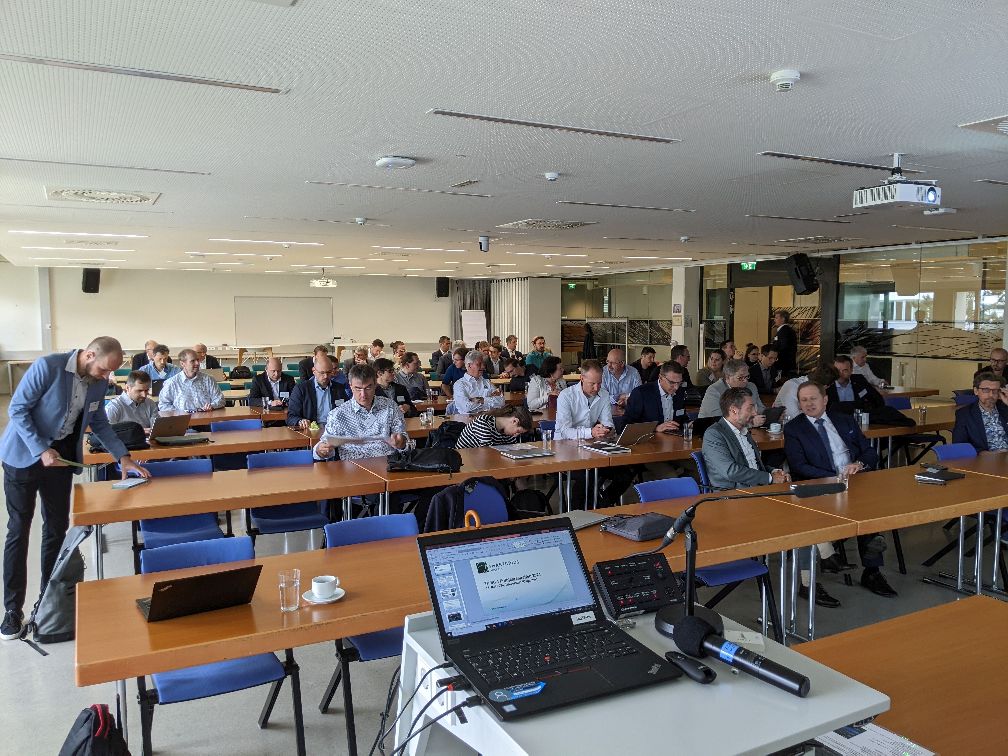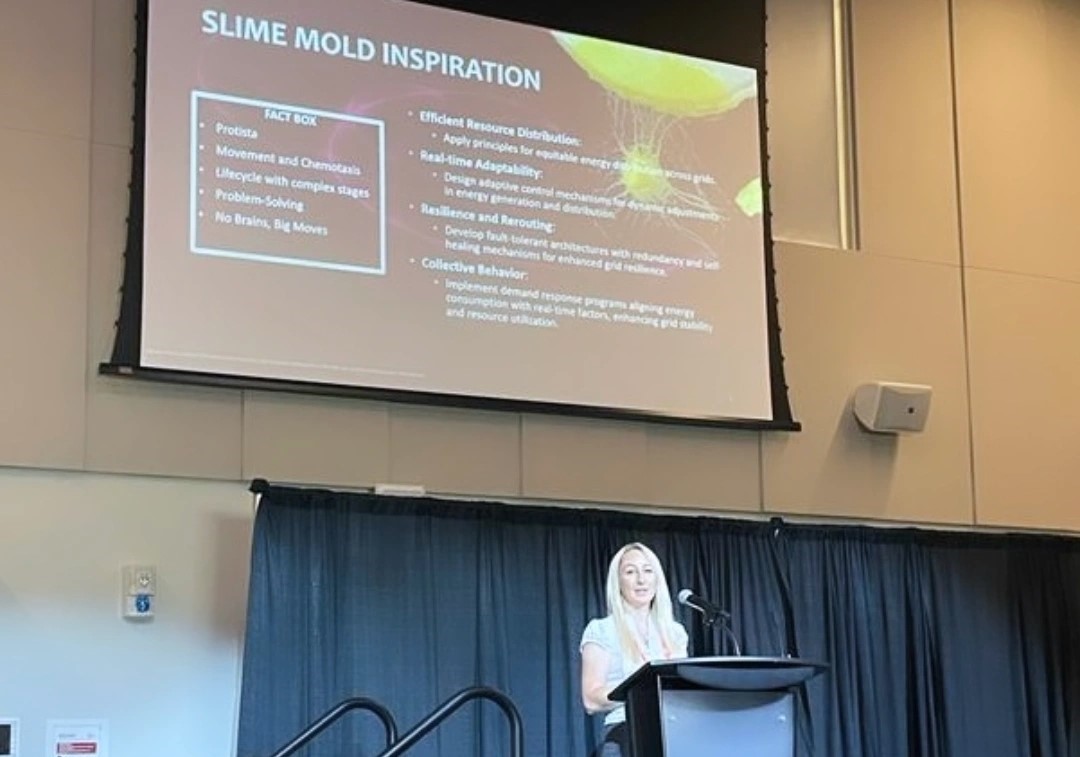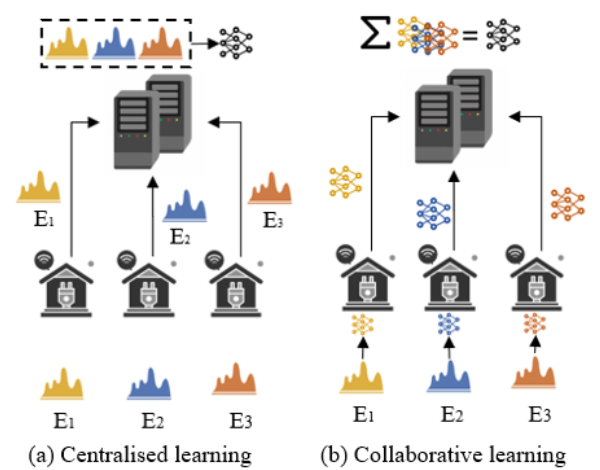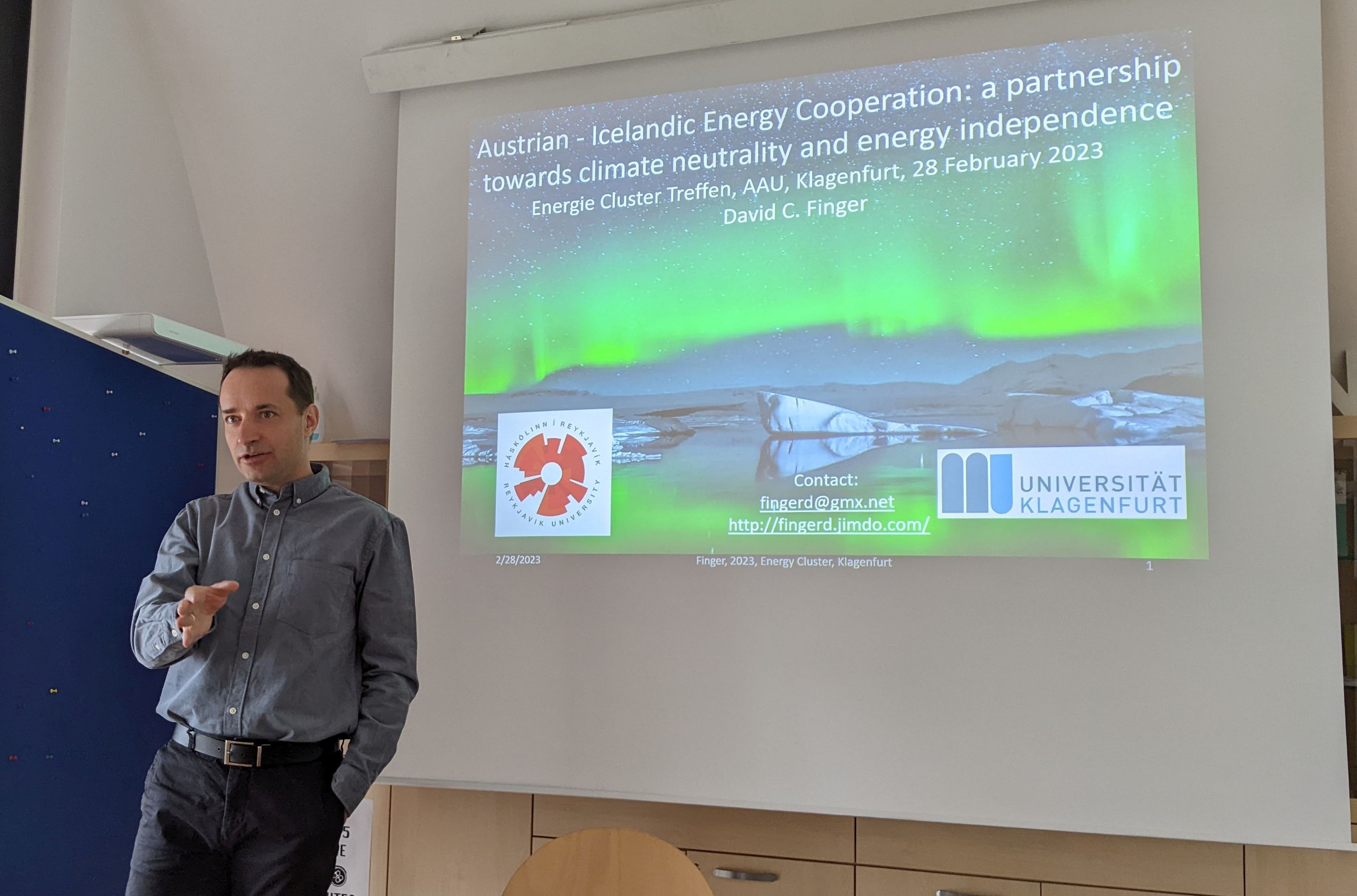-
Kick-off for the City Science Lab Klagenfurt: Interdisciplinary Solutions for a Climate-Neutral City
On December 17th, the kick-off event for the City Science Lab (CSL) Klagenfurt took place, an evening dedicated to bridging the gap between science and city society to support Klagenfurt’s path to climate neutrality. Members…
-
On October 7, 2025, the Green Tech Innovators Club took place at Lakeside Spitz Klagenfurt, an evening full of innovative ideas, exciting impulses, and valuable networking in the field of sustainable technologies. Prof. Wilfried Elmenreich…
-
On September 30, 2025, this year’s fall meeting of the Smart Grids Austria Technology Platform (TP SGA) took place in Vienna. Representatives from research, industry, energy supply, and administration came together to discuss current developments…
-
Die Universität Klagenfurt ist mit rund 1 500 Mitarbeitenden und über 12 000 Studierenden im Alpen-Adria-Raum angesiedelt und erreicht in Rankings regelmäßig exzellente Platzierungen. Das Motto „per aspera ad astra“ bringt den Anspruch des konsequenten…
-
The next Research Cluster Meeting on Energy Management and Technology will take place at 14.5.2023 from 12:00 to 13:30 in room B10.2.20 (Lakeside Park Building 10, entrance A, 2nd floor). Our speaker is: Norbert Wohlgemuth:…
-
The project FokoKEM explored how public procurement in small municipalities can be assessed and optimized to reduce greenhouse gas emissions. At the heart of the project was the idea that procurement decisions, though often seen…
-
On May 14, 2024, the Spring Meeting of the Smart Grids Austria technology platform took place for the first time at the University of Klagenfurt. Established in 2008, this platform connects key players from the…
-
In the rapidly evolving field of energy management, innovative solutions are essential to meet the growing demands for efficiency and sustainability. Against this backdrop, Kristina Wogatai presented her dissertation, “Exploring the Potential of Self-Organizing Applications…
-
Non-intrusive Load Monitoring (NILM) has become a paramount in both industrial and residential sectors to achieve efficient energy consumption. Deep neural networks have been gaining the highest interest from the research community, commonly referred to…
-
The XXXI Research Cluster Meeting on Energy Management and Technology took place on Feb 28, featuring two interesting talks. In the first talk, Prof. David Finger from the Sustainability Institute and Forum at Reykjavik University…




